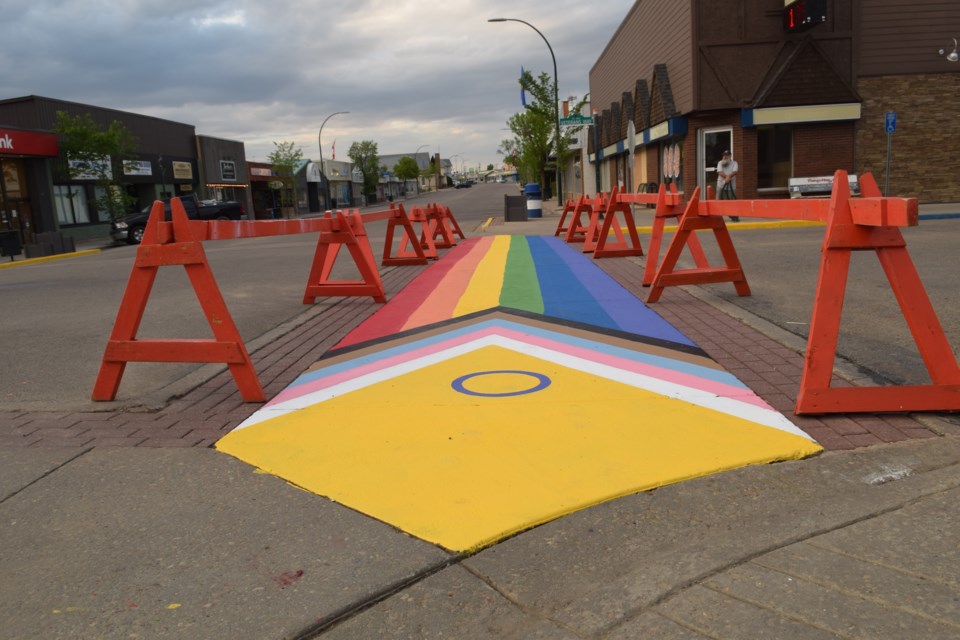BARRHEAD – Now that the neutrality bylaw has been put to rest, residents who voted yes say it’s time to reconcile and repair relationships within the Town of Barrhead.
Ard Doornbos was involved with the town’s neutrality movement from the beginning, and after six months of campaigning and petitioning, he said he’s relieved the process is over.
“The last six months have been busy doing work that we don’t normally do,” said Doornbos, who served as an unofficial spokesperson for the movement. ‘This might be a once-in-a-lifetime type thing, and working and interacting with townspeople we didn’t know and got to know, it took time and energy.”
On Dec. 2, Barrhead residents voted in favour of Barrhead Neutral Space Bylaw by a vote of 653 (57 per cent) to 492 (43 per cent) with 1,145 ballots being counted. The municipality, based on 2021 census data, estimates that between 3,400 and 3,500 residents were eligible to vote in the plebiscite.
“From the very beginning, this was really about the flawed policy of the town council for us, and we tried to address that by bringing forward this petition ‚ that was really the only way to get things changed,” said Doornbos.
“By decorating crosswalks, basically allowed them to be turned into a billboard for social issues.”
RELATED LINKS
Barrhead residents vote to ban Pride and decorative crosswalks, flags
Plebiscite vote is 'bad news' for many in Barrhead: OutProud organizer
Westlock votes to ban Pride crosswalks, other flags by 24 votes
The campaign generated tension in the community — members of the LGBTQ and disability communities felt targeted by the petition, which came about after the neutrality group took issue with a Pride crosswalk, but Doornbos is hoping the winter will give the town time to cool off and reconcile.
The vote comes nine months after Westlock was forced to hold a similar plebiscite, which also resulted in the outlawing of decorative crosswalks and a variety of flags.
“We all still live in Barrhead. We share the infrastructure, facilities, stores and churches with people of all stripes, and the people that voted no on this bylaw,” he said.
“It might take some more convincing for people who interpret this movement differently, but we have time and time will heal certain things and will give us the opportunity to do some reconciling.
“We still live here together.”



